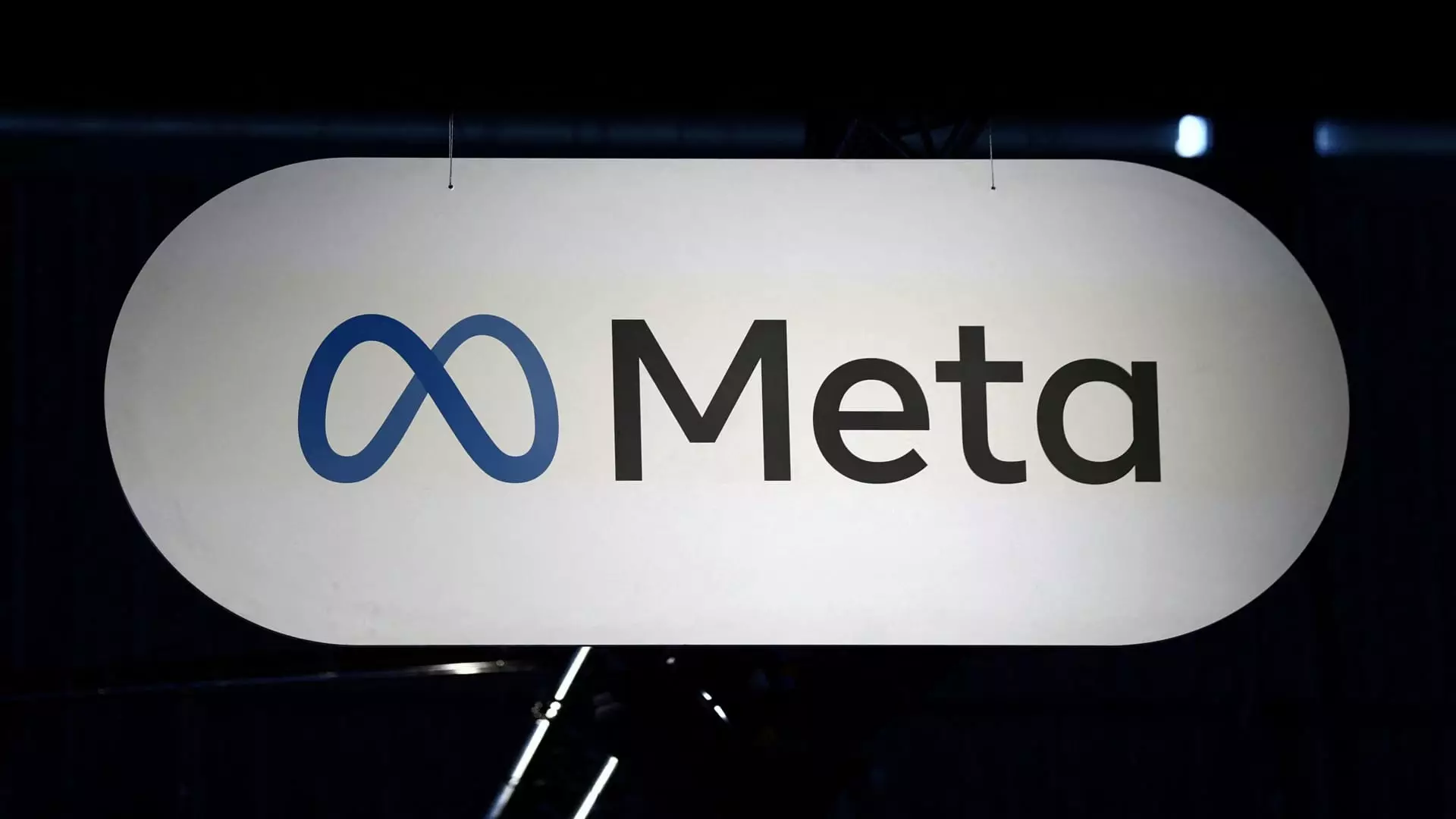Meta Platforms, once renowned for its relentless pursuit of artificial intelligence dominance, has now placed a temporary pause on hiring for its burgeoning AI division. This move signals a significant shift in strategy, especially after months of aggressive talent acquisition and substantial capital expenditure. In an industry where rapid expansion often equates to innovation, Meta’s decision to slow down prompts a fundamental question: is this a sign of financial prudence or a problematic retreat from progress? It appears that the company’s previous fervor—marked by lavish signing bonuses and billion-dollar acquisitions—is giving way to a more cautious approach. While critics may see this as a sign of internal disarray or overreach, it could instead reflect a necessary recalibration. Overinvestment in AI without clear short-term returns could jeopardize Meta’s long-term stability, particularly in a market that is volatile and increasingly skeptical about the true value of AI advancements.
The Illusion of AI Bubble or a Sound Strategic Pause?
The broader tech community remains divided on whether Meta’s pause indicates the onset of a bubble bursting or a strategic timeout. OpenAI’s Sam Altman has famously stated that AI might be in a bubble—a sentiment that raises alarm bells for investors and industry skeptics alike. However, many savvy analysts argue that this skepticism is overblown. Tech veteran Dan Ives pointed out that while parts of the AI sector may show signs of froth, the overall trajectory of technological innovation remains undervalued. The narrative that AI is overheating risks dismissing the genuine breakthroughs still occurring, especially with foundational models like Meta’s Llama series. From a center-right perspective, the crucial issue isn’t whether AI is inflated or not, but whether companies are focusing on sustainable growth and realistic goals. Meta’s hiatus could be a signal of staying grounded, discouraging reckless spending and encouraging more strategic planning—something the AI industry desperately needs amidst its unbridled expansion.
Strategic Maturity in a Wild West Industry
Meta’s restructuring points toward a maturing industry that recognizes the importance of balance. By dividing AI efforts into clear segments—superintelligence, product development, infrastructure, and exploratory projects—the company indicates a shift toward specialized, manageable objectives rather than a mass, indiscriminate hiring spree. Such segmentation emphasizes the importance of targeted innovation rather than endless resource burning. Critics might argue that this slowdown hampers Meta’s ability to lead in AI, but the truth is that strategic focus and financial discipline often yield better, more sustainable outcomes. Rather than throwing billions blindly into the AI tapestry, Meta seems to be choosing precision over promiscuity—an approach that aligns well with a center-right wing perspective advocating for a measured, responsible course of technological progress.
The Political and Economic Context: A Necessary Moratorium?
Extra-economic factors also cast a shadow over Meta’s AI ambitions. The recent sell-off of U.S. tech stocks, fueled partly by fears of overinvestment, has created a climate where aggressive AI hiring and R&D spending are increasingly scrutinized. Policymakers and investors alike are demanding more accountability—especially when it comes to the ethical and societal implications of superintelligence. Meta’s pause might be interpreted as a prudent response to this heightened scrutiny, rather than a sign of internal crisis. In a broader sense, it underscores the need for tech giants to adopt more responsible, transparent growth strategies. If Meta can leverage this period to refine its AI vision, ensuring alignment with regulatory expectations and societal values, it may position itself better for the long term—a position that balanced, center-right pragmatism would support.
Meta’s temporary halt in hiring might be mistaken for weakness, but it arguably demonstrates wisdom. In an industry prone to hype, lapses in impulse, and unchecked ambition, slowing down could be the mature move necessary to avoid the pitfalls of overreach. This strategic pause provides Meta an opportunity to build a more solid foundation, evaluate its priorities, and focus on sustainable breakthroughs. While critics may dismiss it as halted innovation or retreat, the truth is that in the complex world of AI development, sometimes the smartest move is to pause, reflect, and then reassert a disciplined, purposeful pursuit of technological excellence.

